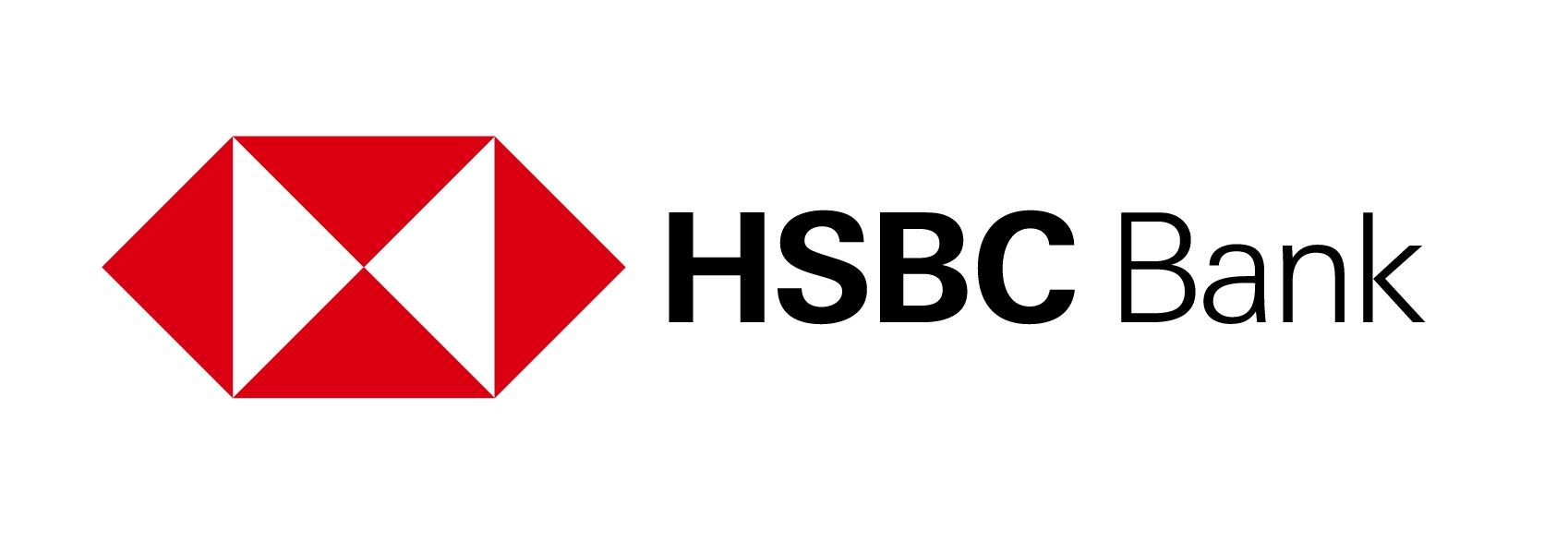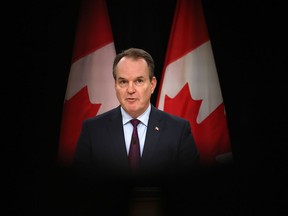Silicon Valley Bank crisis will factor in the central bank’s next monetary policy report

Article content
Bank of Canada deputy governor Toni Gravelle said the central bank stands “ready to act” against a market-wide financial sector stress, making a point to calm any nerves that remain frayed from the turmoil that came in the wake of the collapse of Silicon Valley Bank almost three weeks ago.
Advertisement 2
Article content
Gravelle told a gathering of financial professionals in Montreal that it is the Bank of Canada’s mission to keep the financial system stable, and that policymakers are confident that banks are much more resilience now than were during the global financial crisis in 2008.
Article content
“The bank’s mandate to promote the stability of the financial system means that we’re ready to act in the event of severe market-wide stress and provide liquidity support to the financial system,” Gravelle said in a speech at the National Bank Financial Services conference on March 29.
Article content
“We did so during the 2008–09 global financial crisis, and we did so again during the critical market disruptions that occurred at the outset of the COVID-19 pandemic,” he added.
Article content
Advertisement 3
Article content
Silicon Valley Bank collapsed on March 10 following a run on deposits, triggering ripple effects that shook regional banks across the United States, led to the subsequent failure of New York-based Signature Bank, and contributed to a crisis of confidence in Switzerland that caused authorities to force a shot-gun sale of Credit Suisse Group AG’s to its larger domestic rival, UBS Group AG.
The turmoil spooked investors around the world and even weighed on Canadian bank stocks, despite Canada’s reputation for having one of the soundest financial systems in the world.
Authorities appear to have kept the troubles of a handful of banks from turning into something more. Gravelle said regulators learned their lesson after the global financial crisis 15 years ago. He pointed to global banking reforms that have substantially increased the capital and liquidity buffers to safeguard against financial system shocks.
Advertisement 4
Article content
“Canadian banks weathered the global financial crisis well, and, since then, their resilience has been further strengthened with the implementation of new, higher global standards,” Gravelle said.
Still, Gravelle said the Bank of Canada will be keeping an eye on the Silicon Valley Bank crisis and global banking stresses. He said the crisis will factor in the central bank’s next monetary policy report on April 12, when policymakers will also decide whether to increase interest rates and leave them unchanged for a second consecutive meeting.
The banking crisis probably won’t be a major factor in the policy decision, assuming things stay calm. Jon Hountalas, head of Canadian banking at Canadian Imperial Bank of Commerce, downplayed concerns of a spillover effects from the U.S. banking crisis during his own fireside chat at the conference.
Advertisement 5
Article content
“It’s so far pretty restricted to the U.S.,” said Hountalas, adding the episode raised questions with his team on how things could have changed after the crisis, but it ended up being a non-issue. “We were preparing for things but nothing came.”
-

Federal budget dividend tax would hit insurers
-

Federal budget 2023 may buttress Canada’s bank turmoil defences
-

Canadian banking group asks Ottawa to review deposit insurance limits
A new detail from Gravelle’s speech was an anticipated end date for the Bank of Canada’s quantitative tightening — the policy of allowing assets to roll off the balance sheet when they mature, rather than replacing them.
Gravelle said the Bank of Canada estimates that it will shrunk its holdings to an appropriate level between the end of 2024 and the first half of 2025. He added that the timing could slightly shift as the size of other parts on the central bank’s balance sheet change over time.
During the pandemic, the central bank undertook the most dramatic bond purchasing program in its history, piling up about $440 billion in government bonds at the peak.
• Email: shughes@postmedia.com | Twitter: StephHughes95
Bank of Canada ‘ready to act’ against banking turmoil: Toni Gravelle
2023-03-29 20:14:17






Comments
Postmedia is committed to maintaining a lively but civil forum for discussion and encourage all readers to share their views on our articles. Comments may take up to an hour for moderation before appearing on the site. We ask you to keep your comments relevant and respectful. We have enabled email notifications—you will now receive an email if you receive a reply to your comment, there is an update to a comment thread you follow or if a user you follow comments. Visit our Community Guidelines for more information and details on how to adjust your email settings.
Join the Conversation